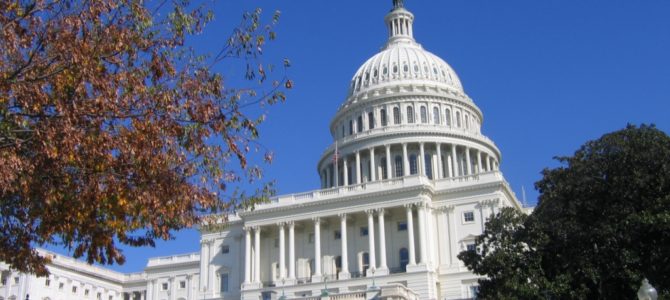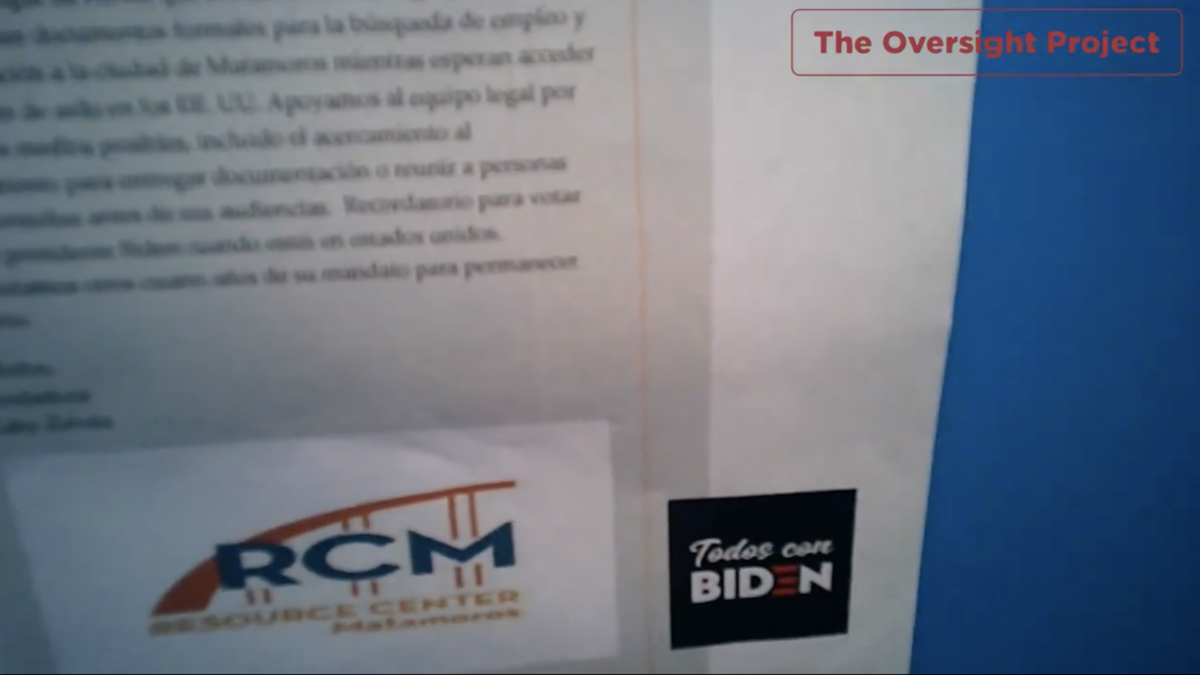
If you asked me to name one thing America could do right now to remedy many of our national problems, my response would be simple: Repeal the Seventeenth Amendment. Do it yesterday.
The Framers of the Constitution originally gave state legislatures the power to participate in federal lawmaking by choosing senators to represent their interests in Washington. Through a campaign of misinformation, progressive reformers successfully removed that rightful power from the states. It’s high time we gave it back.
The History of A Mistake
When the Constitutional Convention first considered how Congress would be constructed, James Wilson proposed that the people should directly elect their senators, rather than state legislatures. His idea was soundly defeated by a 10-1 vote. Indeed, scholars have since noted that legislative election of senators “was one of the few non-controversial decisions reached by the Constitutional Convention.” None of the state ratification conventions objected to the proposal either.
Yet in the late 1800s, the Progressive movement turned its ire on this constitutional provision. With their unshakeable belief in the moral rightness of democracy, progressives argued that legislative election of senators led inevitably to state-level political corruption. Their revisionist historians painted a picture of a vast political conspiracy, in which state elections were regularly bought and sold by local party machines to elect senators who would serve the interests of the elites above those of the people. (For all you film buffs, they argued that the conflict portrayed in the excellent movie “Mr. Smith Goes To Washington” was the rule, rather than the exception.)
But as many historians have recognized, the data simply wasn’t on progressives’ side. Only three senatorial elections were investigated for corruption between 1857 and 1900. And over more than a century of legislative election of senators, only ten total elections were contested for impropriety of any sort. State electoral deadlocks over selection of federal senators were also rarer than progressives claimed, and most state legislatures dealt with such disagreements while continuing to govern.
The progressives dealt with this roadblock to their agenda by spreading “fake news.” Media mogul William Randolph Hearst and his “yellow journalists” spread the idea of widespread senatorial corruption using flamboyant headlines like “The Treason of the Senate.”
Over time, people began to believe the lie. In a grassroots rebellion, they elected state representatives who supported direct election of senators. When 31 states passed resolutions calling for an amendment, Congress finally capitulated.
Thus, out of manufactured hysteria over nonexistent corruption, the Seventeenth Amendment was born, robbing states of their most notable constitutional check on federal lawmaking in the name of “democracy.” Ever since, states have been reduced to hiring lobbyists to influence federal policy. In 2009, state and local governments spent more than $83.5 million on such efforts.
Repeal Would Empower The States
Regardless of how it came to be, the Seventeenth Amendment savages the balance of power inherent in the constitutional structure. The Constitution created a system of checks and balances not only at the federal level, but between federal, state, and local governments. This system is fundamentally based on balancing self-interest.
States are interested in exclusively maintaining as much power over health, safety, and welfare policy as possible. They naturally desire to prevent federal intrusion into these areas, and would work to shield their citizens from federal overreach. However, the Seventeenth Amendment deprives them of the ability to do so.
If the Seventeenth Amendment were repealed, every state would have an equal number of seats at the table of federal lawmaking. Size and wealth would not matter. The current arrangement favors whatever state can hire the most effective lobbyists.
Repealing the Seventeenth Amendment would also increase voter interest in state elections. As average Americans paid more attention to state politics, it would usher in a new era of local civic involvement. And no, state legislative elections would not turn into mere contests to determine who would elect our federal senators, as voters would still need to consider the way their state senators would govern on local matters.
If states had lawmaking representatives in Washington, federal laws would likely begin to exhibit a more measured tone. Legislatively elected senators would work to allow states more room to act on behalf of their people. State legislators would themselves have more power under this system, and as fewer people vote for them, they could be more easily held accountable.
No, Repeal Isn’t Undemocratic
Yes, some strident critics accuse those advocating for repeal of the Seventeenth Amendment of removing the people’s “right” to choose their representatives in Washington. They characterize this return to the Constitution’s original structure as a fringe right-wing idea driven by bigotry that aims to take away power from the American people.
This mendacious scare-mongering deserves a response. First of all, Americans have never had a right to elect their senators. They do have a right to elect their representatives to the House, and they still would if the Seventeenth Amendment were repealed tomorrow. The houses of Congress were always intended to serve two separate functions based on who elected their inhabitants. Moreover, the people would still be able to influence legislative election of senators by voting for state representatives. Repealing the Seventeenth Amendment would not be undemocratic or un-American in the slightest.
So let’s give states back their original power to stop federal overreach by repealing the Seventeenth Amendment. Let’s remedy our century-old mistake. It just might save the republic.
This article was originally published at Merion West.








